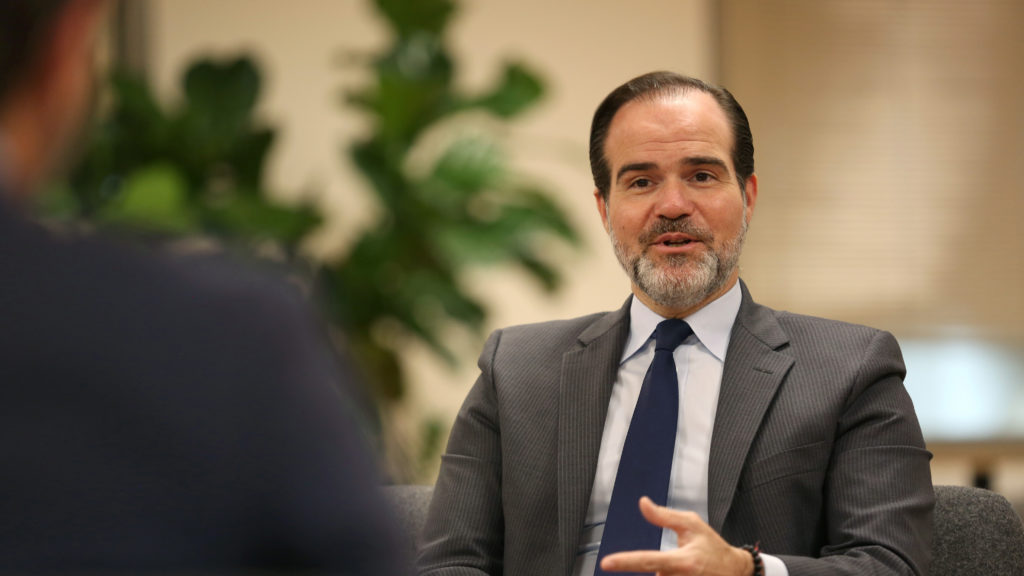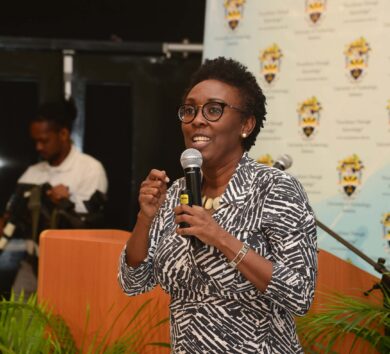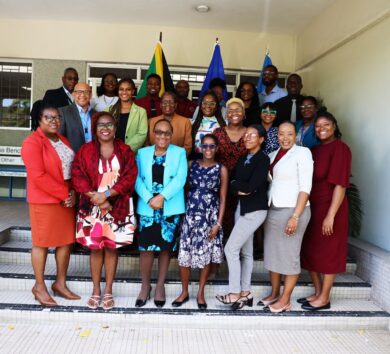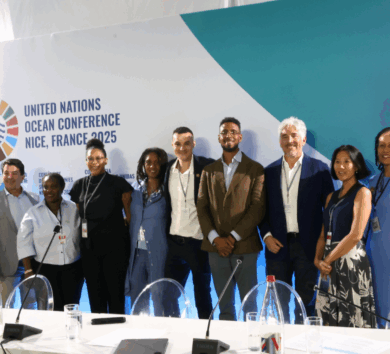

The Inter-American Development Bank (IDB) is moving to align all its loans and projects from 2023 with the Paris Agreement with a view towards accelerating the fight against the climate crisis in Latin America and the Caribbean (LAC).
IDB President, Mauricio Claver-Carone, who made the announcement stated that effective 2023 onwards, all IDB projects are to have net-zero emissions goals and long-term decarbonisation plans. The Paris Agreement in 2015 included limiting global warming to 1.5° Celsius (2.7 ° Fahrenheit) this century.
Claver-Carone also announced that the multilateral bank is to also raise to 40 per cent (up from 30 per cent) the annual threshold of funds earmarked to finance climate-related projects by 2025, including biodiversity & pollution control. The IDB President acknowledged that the Paris pact is “a milestone in the global fight against climate change,” pointing out, “it is not enough”, so the bank “will seek to go further to address this global challenge” in the region.
The IDB President announced that the bank will soon launch blue bonds – thematic bonds, linked to renewable energies and energy efficiency, which have recently emerged in the global capital markets. He pointed to the use of these bonds is as a means of tackling the challenge of financing for environmental projects.
The latest estimates show that there are about $53 trillion worldwide ready to be invested until 2025 in these types of assets.
Raising funding for environmental projects
The multilateral bank is to also raise to 40 per cent the annual threshold of funds earmarked to finance climate-related projects by 2025, including biodiversity and pollution control. This represents an increase over the current 30 per cent set by the IDB, which has already channelled more than US$5 billion a year into these types of projects.
According to Claver-Carone, the Latin American and Caribbean region is a “reference” and an “example” in the use of renewable energies, citing its important contribution in the energy matrix in countries such as Chile and Brazil. However, he expressed his “frustration” that the region is also the “leading victim” of climate change worldwide.
Pointing out that four of the five most affected countries in the world are in the region namely Haiti, Guatemala, Nicaragua and Honduras,” the IDB boss, speaking in an online interview with Agencia EFE from London, said COP26, which is now on the way and scheduled to run until November 12, is working on concrete measures against climate change.
This is following the promises made with the signing of the Paris Agreement in 2015, which include limiting global warming to 1.5 degrees Celsius (2.7 degrees Fahrenheit) this century. The magnitude of the challenge is such that Claver-Carone considers it essential to have the backing of the private sector and explained the actions taken at the IDB with respect to this.







Comments